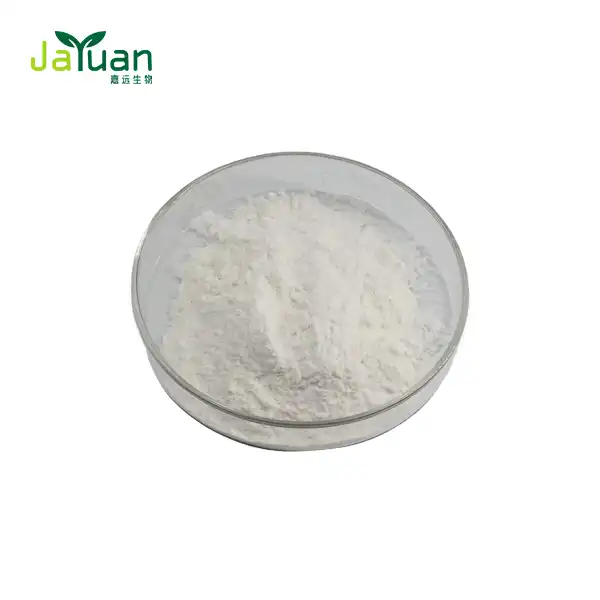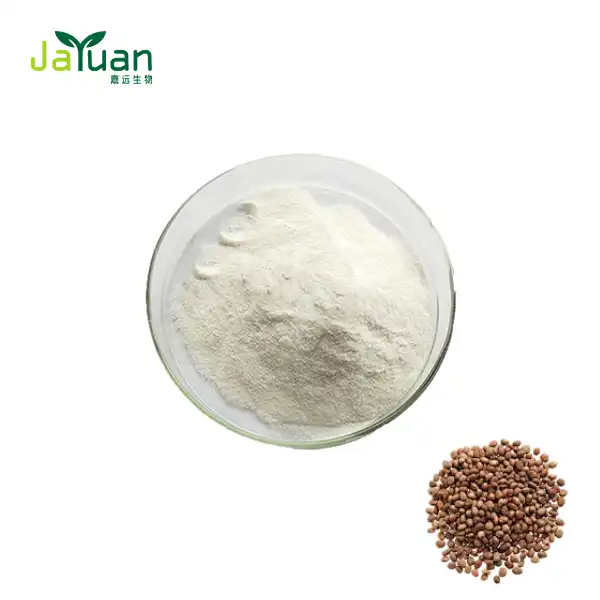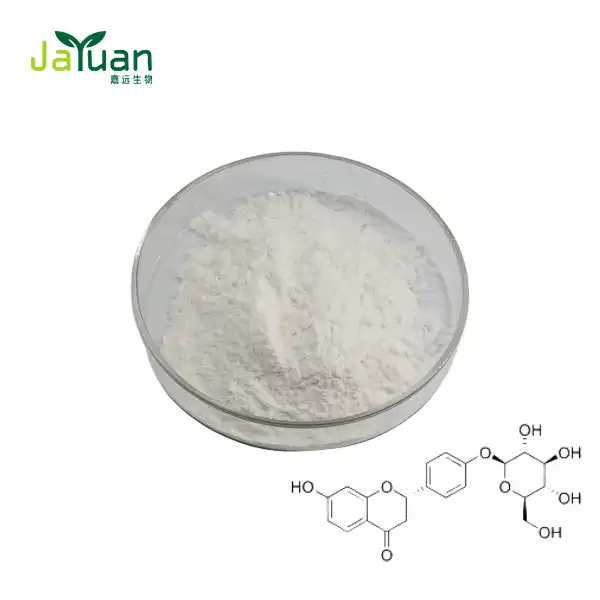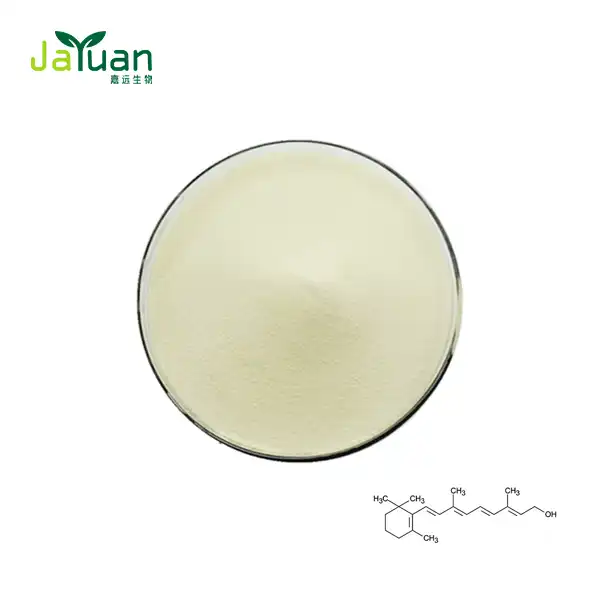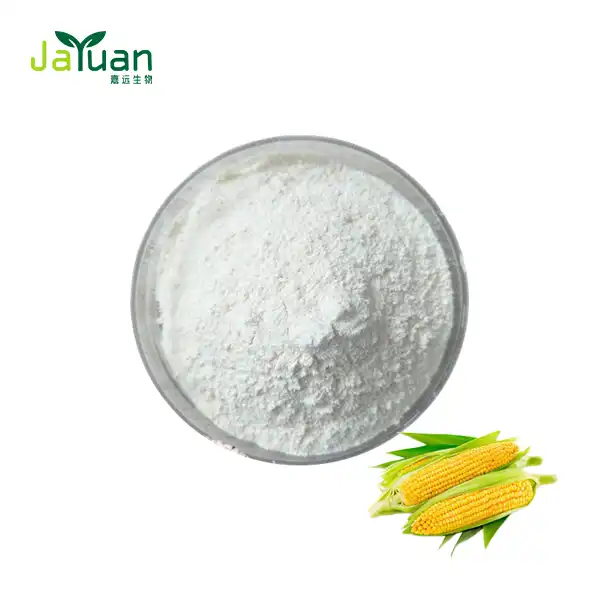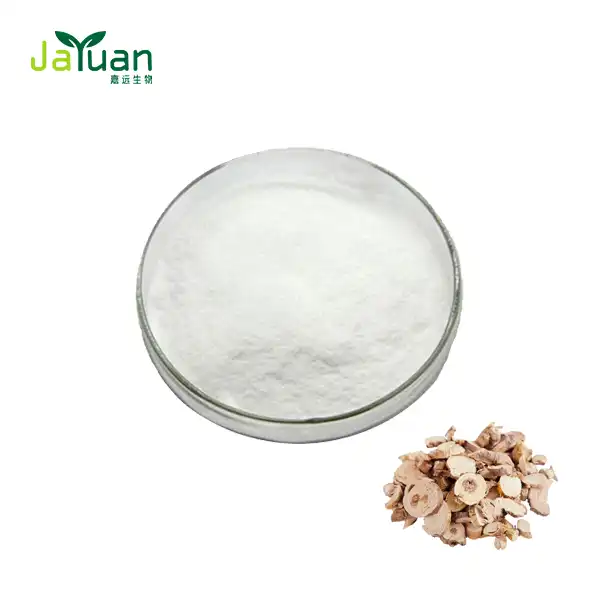How much peppermint extract is safe?
Peppermint is a versatile ingredient highly in demand across diverse culinary and health supplementation applications. This extract is used in everything from desserts and drinks, where it enhances flavor, to being the key ingredient in many health wellness formulations. Yet, as with any type of extract, full understanding of dosage rate and caution with regards to peppermint extract is important. Throughout this paper, we will be concerned with the safety issues involving peppermint extract, particularly Peppermint Extract Powder. Presenting a complete guide desired not only to point out the risks involved in its use but also useful advice for its appropriate application.
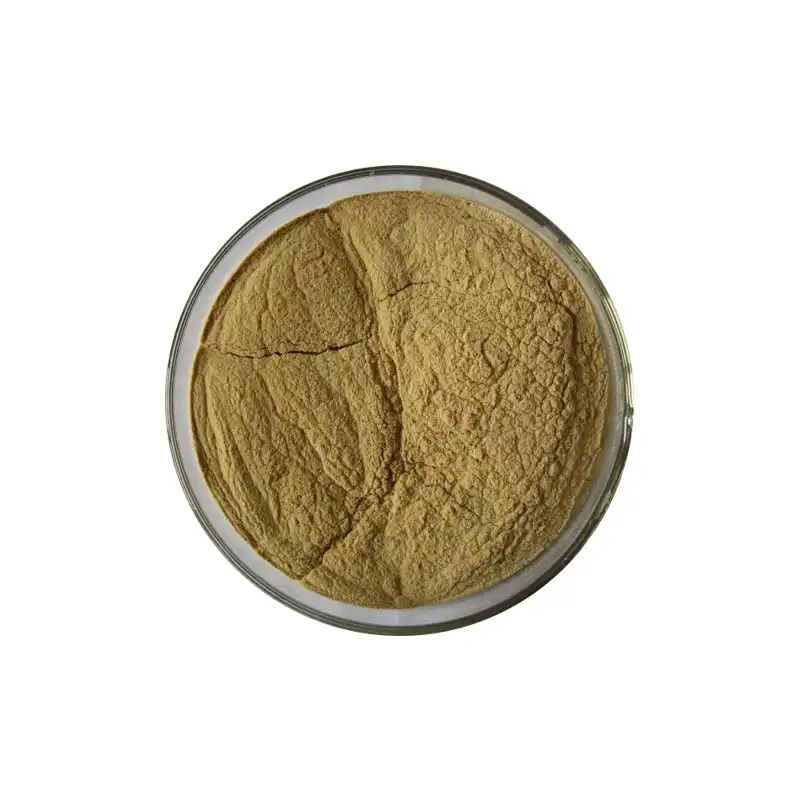
Introduction to Peppermint Extract Powder
It is a very concentrated pack of peppermint extract, cautiously extracted from the leaves of a certain peppermint plant scientifically known as Mentha × piperita. The powdered version has several advantages compared to its liquid forms, making it preferred for different purposes. For one, the extended period of shelf life makes it retain its freshness and potency for long, minimizing spoilage. The second reason is that Peppermint Extract Powder is much easier to store, which requires no special handling and even no refrigerating; therefore, that makes it also convenient for household and industrial use. And finally, with the powder, dosage control turns out to be more accurate, with users being able to measure the exact amount of the product needed for a certain purpose.
The active principles of peppermint are responsible for the characteristic flavor profile and the host of possible therapeutic benefits attributed to peppermint, mainly menthol and menthone. These have been noted to be calming to the digestive tract, relieving respiratory congestion, and freshening; thus, they act to drive headaches and fatigue away.
The concentration of these can differ significantly based on the specific extraction technique employed and the caliber of the plant material utilized to make them.An excellent peppermint extract powder will be consistently potent, so that the results of each dosage are predictable. It will also be devoid of impurities and adulterants that could compromise its efficacy and safety.
When considering the safety of peppermint extract, one must give due prominence to the concentration and pureness of a product one is about to use. The credible manufacturer will adhere to the strictest standards of quality control to ensure their Peppermint Extract Powder meets the highest standards available for purity and potency. By choosing a high-quality product, you'll minimize risks of adverse reactions and maximize the therapeutic benefits you can reap from peppermint extract.
Determining Safe Dosages of Peppermint Extract
The safe dosage of peppermint extract will depend upon many factors, including the form of the extract taken-liquid or powder-the intended use, and also individual sensitivity. As a general rule, Peppermint Extract Powder is a lot more concentrated than liquid extracts; hence, less amount is normally used.
Given culinary applications, the amount of Peppermint Extract Powder is normally minimal, just a pinch or some mg is enough to provide a strong flavor. Hence, the risk of adverse effects from normal consumption is negligible.
It is taken for health purposes or nutritional supplementation in appropriate dosages. There is no single dose established for safe intake of peppermint extract. However, there have been studies involving a daily intake of 180 mg to 1,200 mg of peppermint oil in various conditions. However, these involved peppermint oil, which may differ in the concentration of active compounds compared to Peppermint Extract Powder.
Dosage for Peppermint Extract Powder can range from 50 to 500 mg a day, depending on the product and purpose. However, it is really important to first ask the opinion of a healthcare professional before adding peppermint extract to your diet, especially when you have existing health illnesses or taking medications.
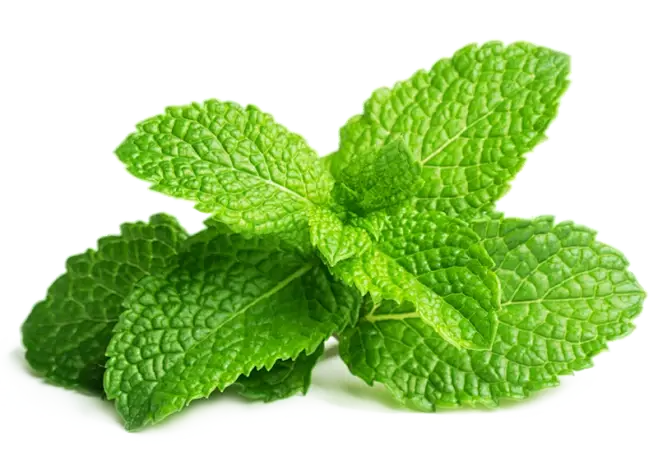
Potential Side Effects and Precautions
Even though peppermint extract is generally thought to be safe when used sparingly, unfavorable effects are possible.This information appears overly automated.Some people might encounter:
- Heartburn or acid reflux
- Allergic reactions (rare)
- Headaches
- Mouth sores
- Interactions with certain medications
When consuming peppermint extract, those with certain medical issues should use caution. Peppermint may make symptoms worse for people with gallbladder issues, hiatal hernias, or gastroesophageal reflux disease (GERD). Before using supplements containing peppermint extract, women who are pregnant or nursing should also speak with their healthcare physician.
It's worth noting that the purity and quality of the Peppermint Extract Powder can significantly impact its safety profile. Opting for products from reputable suppliers who adhere to stringent quality control measures can help mitigate potential risks associated with contaminants or inconsistent potency.
It's best to start small when adding Peppermint Extract Powder to your routine and work your way up to a higher dosage while keeping an eye out for any negative effects. This method reduces the possibility of adverse consequences while enabling you to determine your unique tolerance.
In conclusion, while Peppermint Extract Powder can be a beneficial and versatile ingredient, it's essential to use it judiciously and with awareness of potential risks. By adhering to recommended dosages, considering individual health factors, and choosing high-quality products, you can safely incorporate peppermint extract into your diet or wellness regimen.
If you're interested in learning more about plant extracts or seeking high-quality Peppermint Extract Powder, don't hesitate to reach out to our team of experts at sales@jayuanbio.com. We're committed to providing premium plant extracts and personalized solutions to meet your specific needs.
References
- McKay, D. L., & Blumberg, J. B. (2006). A review of the bioactivity and potential health benefits of peppermint tea (Mentha piperita L.). Phytotherapy Research, 20(8), 619-633.
- Kligler, B., & Chaudhary, S. (2007). Peppermint oil. American Family Physician, 75(7), 1027-1030.
- Nair, B. (2001). Final report on the safety assessment of Mentha Piperita (Peppermint) Oil, Mentha Piperita (Peppermint) Leaf Extract, Mentha Piperita (Peppermint) Leaf, and Mentha Piperita (Peppermint) Leaf Water. International Journal of Toxicology, 20(Suppl 3), 61-73.
- Keifer, D., Ulbricht, C., Abrams, T. R., Basch, E., Giese, N., Giles, M., ... & Woods, J. (2007). Peppermint (Mentha × piperita): An evidence-based systematic review by the Natural Standard Research Collaboration. Journal of Herbal Pharmacotherapy, 7(2), 91-143.
- Göbel, H., Fresenius, J., Heinze, A., Dworschak, M., & Soyka, D. (1996). Effectiveness of Oleum menthae piperitae and paracetamol in therapy of headache of the tension type. Der Nervenarzt, 67(8), 672-681.

